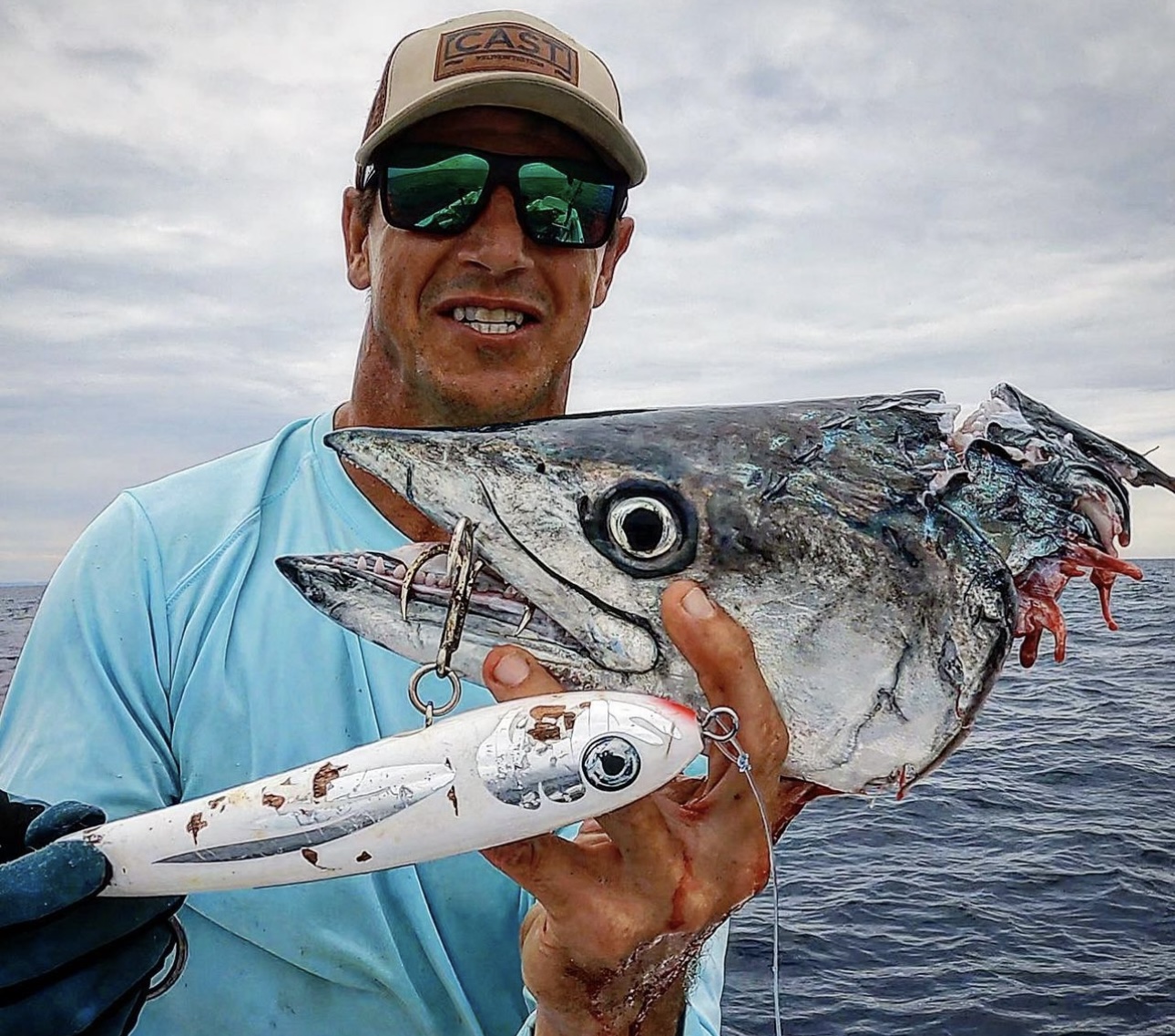Queensland fishers called to help uncover the mystery of depredation

Fisheries around the world face numerous challenges, but one recurring issue of concern is the loss of fishing catch due to sharks and other predators. In Queensland, Australia, anecdotal reports from fishers suggest that depredation is on the rise.
However, there is a lack of specific data on the extent and patterns of depredation, making it difficult to address this issue effectively. To bridge this knowledge gap, ground-breaking research has been initiated in collaboration with James Cook University and Qld Fisheries, which aims to investigate depredation in Queensland waters using a novel smartphone application.
Led by Professor Marcus Sheaves and his colleagues at James Cook University, this study seeks to collect information on depredation and its correlation with fishing effort. The ultimate goal is to establish baseline levels of depredation, identify areas where depredation occurs or does not occur, and determine the species most affected by depredation as well as the magnitude of losses relative to the retained catch.
Armed with this data, the research team aims to develop science-based management policies and education campaigns to inform fishers about best practices that can minimise depredation losses.
Anglers across Queensland are invited to participate. By unlocking the JCU depredation smartphone application and utilising its features, you can actively contribute to the collection of valuable data on fishing activity and depredation. The application is designed to be user-friendly, and entering data for each fishing trip should take no more than five to ten minutes of your time. You have the flexibility to log data during your trip, at the end of your trip, or at a later date, making it a convenient and hassle-free process.
It is important to note that your participation in this study is entirely voluntary. Only data entered through the app will be recorded, and you have the freedom to discontinue your involvement at any time. Rest assured that all data shared will be treated with the utmost confidentiality and will remain non-identifiable.
The findings from this study will be used to inform future research, such as journal articles and fisheries reports. Your privacy will be safeguarded, and location data will be broadly grouped to protect the anonymity of high-value fishing spots.
If you believe others may be interested in contributing to this study, please share this story with them, allowing them to reach out to the project leaders and volunteer for the study.
The success of this research project relies on the collective efforts of passionate fishers like yourself, coming together to shed light on the world of depredation. If you are keen on being part of this citizen science initiative, please email JCUFish@jcu.edu.au and the team can take it from there to help set you up on the app.


